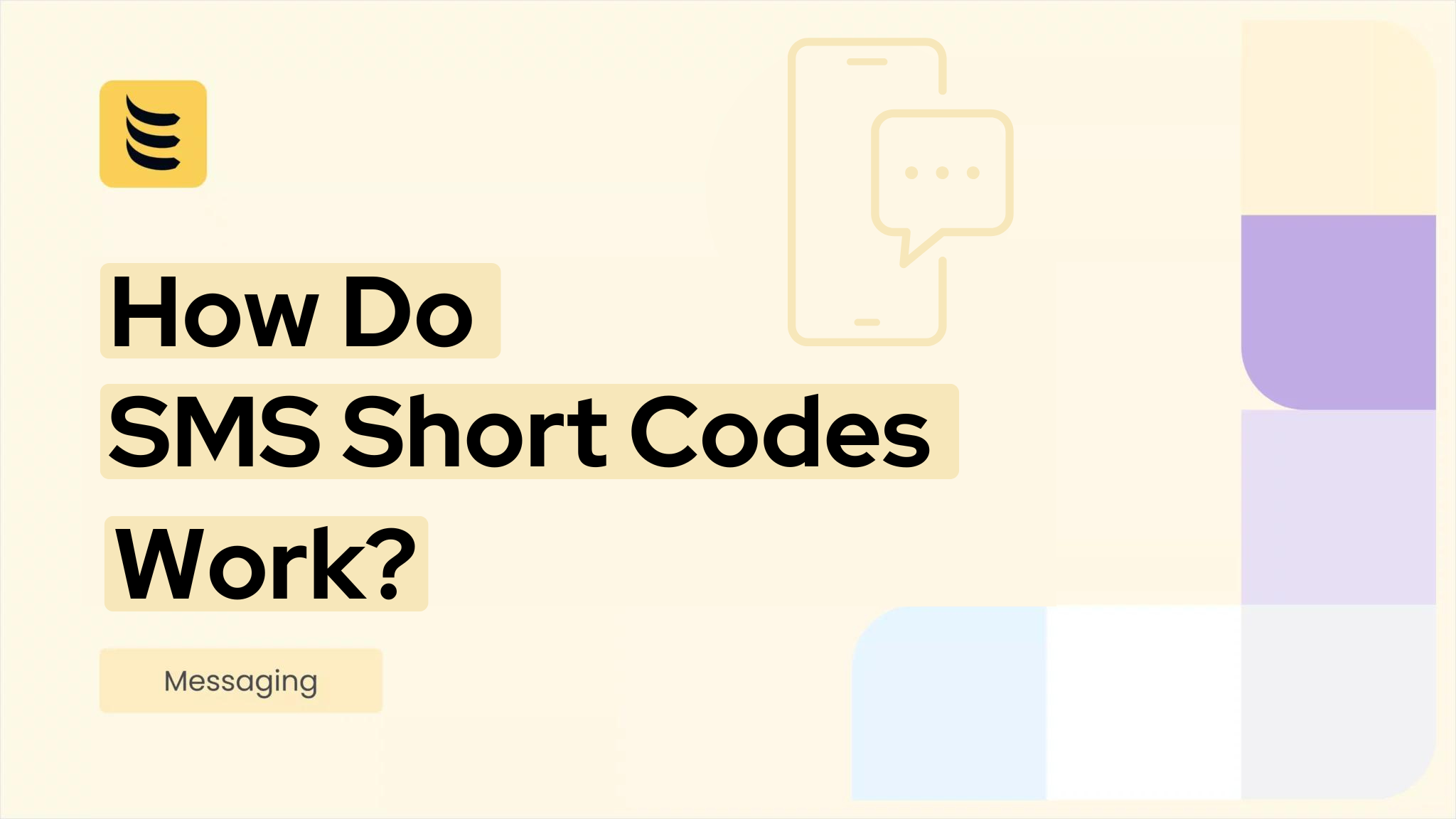The operation of classical phone lines was easy to understand. Users were buying a phone number from a line provider, and then they could make and receive calls. Today there are digital environments and VoIP, thus, placing and receiving calls is quite different in practice. In both traditional phone lines and remote company’s connections, the common factor is that the services use a phone. To figure out how origination and termination function in these scenarios, it is crucial to know the terms and realize why some vendors offer better service than others.
The Functioning
The VoIP origination and termination are two distinct processes, so the vendor that offers origination may not offer VoIP termination and vice versa. When choosing a VoIP solution – you should consider the benefits of both services and know precisely what do you need for your communication demands. You should understand the principles and detailed functions each service vendor offers in order to assess correctly and choose the right provider.
VoIP Origination

Basically, origination deals with incoming calls. In practice – you are not originating the call, but you are receiving the call and ensuring it will be conveyed to you. Your phone number is obtained by a phone line operator, thus the calls will go first to them, and then it will be re-directed to you. As usual, you will need an existing phone number to utilize the origination services. It is important to evaluate the existing provider services in order to make a correct and usefu assessment. In the following section, we present the important features of VoIP origination that can help you to decide which provider you’ll choose.
The Features of the Origination
When choosing a VoIP origination service – one of the critical factors is the price. But in practice, the fundamental criteria should be what value will you get. It is desirable to have calls deriving from multiple provider routes, but it is important to get superior quality and other important features. This can include a clear voice, and also a low rate of dropped calls. To make a good choice – you should evaluate the following VoIP features:
- Flexibility – it is significant if you can activate a service in real-time. Also, your dashboard (console) should be user-friendly and easy to use.
- Features – providers offer different features and functions, but some functions must be implemented. For example, safety features must be included, the Caller ID, and also storage capacity. You should also ask for toll-free numbers to be included and to use them for communicating with your clients.
- Management – you should ensure that your VoIP service corresponds with the level of control you need. E.g., SIP calls require more data, and that will allow you to manage and route the calls you’re receiving easily.
- Availability – You should ask the VoIP origination vendor to enable you backup routes and voice interruption avoiding tools in case of an outage or unpredicted disruption (power supply, server downtime, maintenance issues). This will enable receiving calls in a more professional way.
VoIP Termination

In a technical environment, phone calls are treated as two separate lines that join in one common direction. The originating point is where the call is made and the terminating point denotes the recipient of the call. Thus, termination simply indicated the delivery of the outgoing calls the user has placed. The phone is not required to terminate a call. As with the origination, the termination providers should enable these benefits for their clients:
- Optimal governance and security.
- Flexible control of the infrastructure.
- High-quality calls at a lower price and with the best value.
To better understand the functioning of VoIP and origination, feel free to contact us for a quick demo.




